Huitinga Group
Neuroimmunology, Multiple Sclerosis

The Neuroimmunology group aims to investigate the molecular and cellular factors underlying multiple sclerosis (MS). Special emphasis is put on the role of microglia in the initiation and expansion of MS lesions. The group investigates effects of neurosteroids (sex steroids, glucocorticoids and Vitamin D), complement, CD200 and scavenger receptors on microglia activation and MS lesion development using post mortem MS brain tissue and CSF from more than 200 MS brain donors of the Netherlands Brain Bank and in vivo and in vitro models of demyelination.
Why are inflammations in the brain so devastating?
‘Because, unlike other cells, nerve cells do not divide. So when they become inflamed, they are destroyed, and when that happens the connections they previously made in the brain are also destroyed. Which means that malfunctions will start to occur. In the case of MS, an inflammatory disorder of the brain, the malfunctions will manifest as fatigue, coordination disorders, as problems with walking or with sight, and as an impaired ability to concentrate.’
What causes such an inflammation?
‘For MS this can have a number of different causes. It could be a virus or an auto-immune reaction – an attack on the body’s own cells. The immune system in our brain is constantly on the alert to clear away damage and intruders, but in MS that clearing away process gets out of control. The T and B cells, immune cells in the brain, encourage the microglia cells to break down the body’s own myelin. Myelin is the fatty layer around axons that ensures a quick exchange of information between nerve cells. This demyelination causes the lesions in the brain that characterize MS.’
How much do you know about this?
‘We now know how T-cells guard the brain and how microglia cells change in MS patients. We have a comprehensive tissue collection of the disease, and are able to relate differences in brain tissue to genetic factors and the course of the disease. Studying the things that could be measured in blood or cerebral fluid to establish the course of the disease in patients is now also possible. It is our impression, for instance, that in some patients it is mainly the T-cells that are active, whereas in others it is mainly the B-cells. This knowledge has led to better prognoses and more targeted – and thus more effective – therapies for alleviating the symptoms and slowing down the progression of MS.’
What makes this research difficult?
‘There are 90 billion nerve cells, and 500 billion microglia cells in the brain. The brain is the only organ that has to deal with everything: talking, walking, thinking, feeling, seeing, remembering, planning, moving, and so on and so forth. That is very different from a piece of skin, or a heart. In addition, the molecular landscape changes every millisecond; it is a matter of being at the right place at the right time. ‘We have now tracked down genes that are linked to the degree of and the susceptibility for MS. We see microglia cells changing in areas where MS lesions are not yet visible, but that indicate that something is clearly amiss in terms of the myelin-microglia-interaction. We are now studying the myelin from these areas with an electron microscope. There, between the layers and ducts of which myelin is made up, we search for explanations for the unbridled cleanup operations carried out by microglia cells. We are desperate to find those very first changes in the MS brain.’
Are there treatments for MS?
‘We do now have therapies that might help in the earliest phase of the disease. For the later, progressive phase there is nothing, which is obviously tragic. We have been collecting MS donor tissue since 1990. But it wasn’t until recently that, thanks to over 180 donors, our stock of tissue is big enough for us to make an attempt to find the underlying mechanisms of MS with a view to improving the prognosis. I am therefore very hopeful for a brighter future for MS patients.’
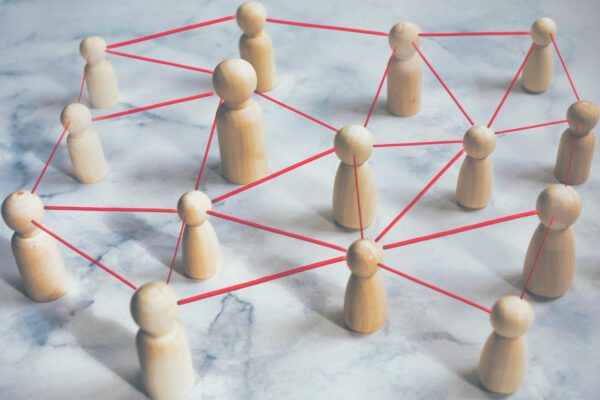
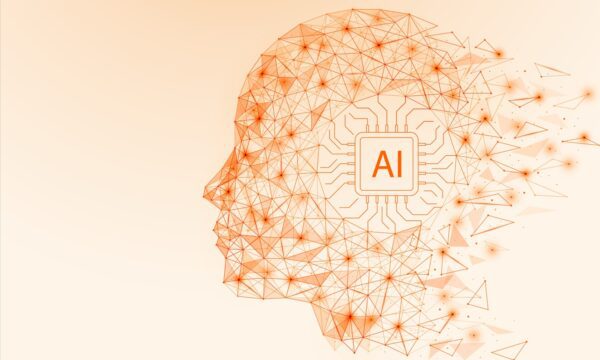
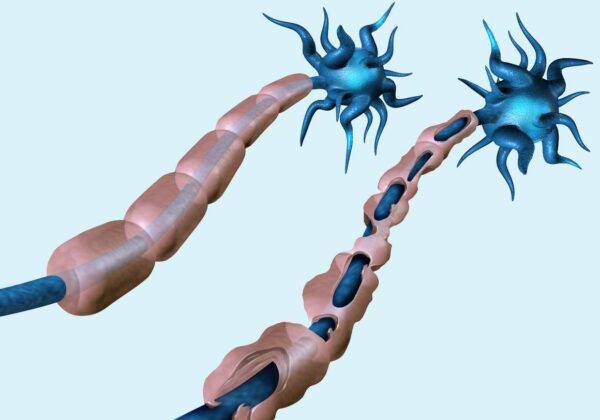
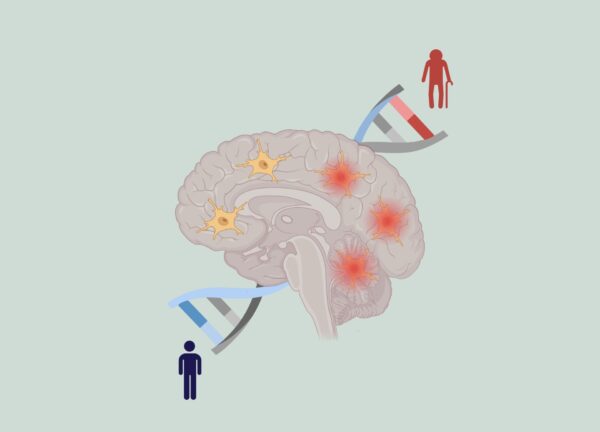
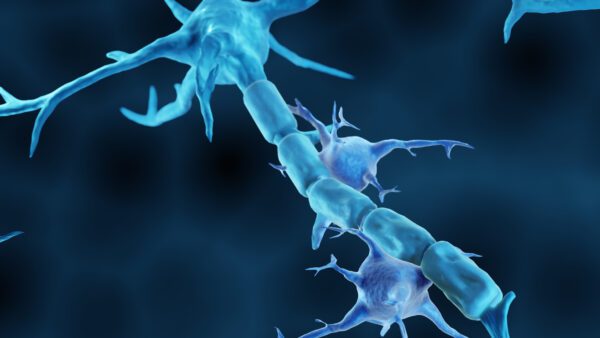
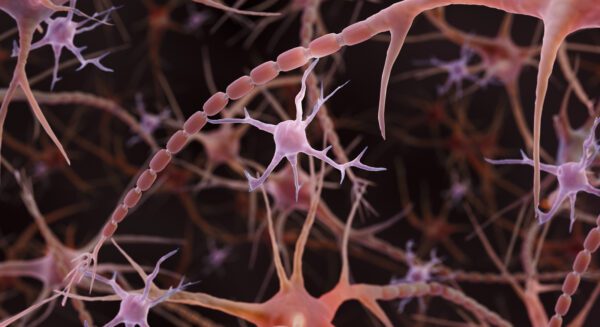
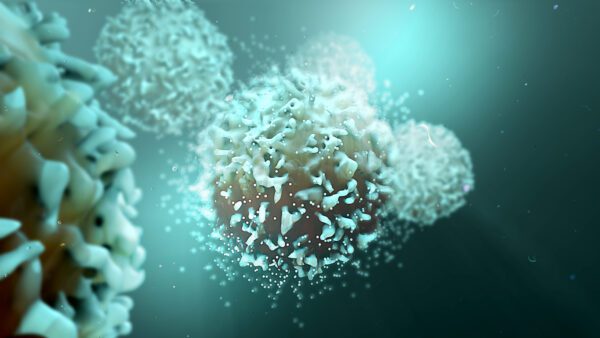
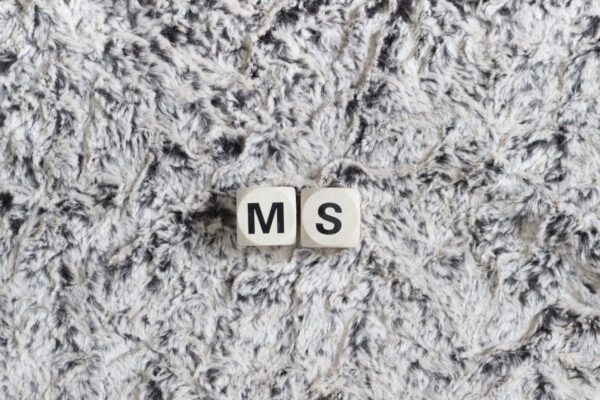
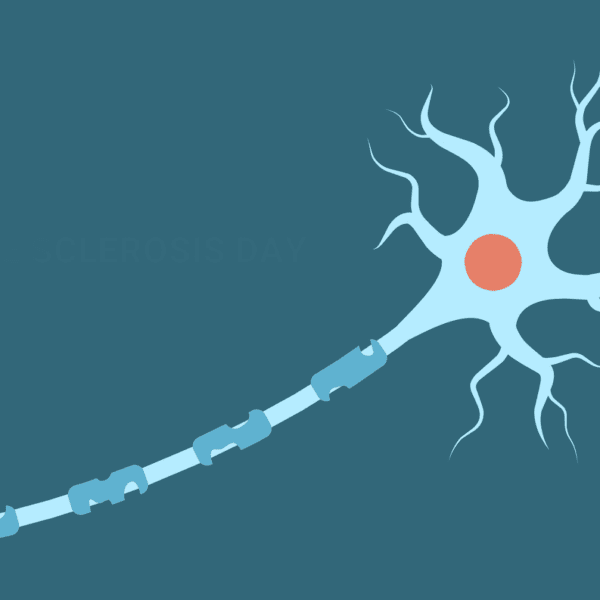
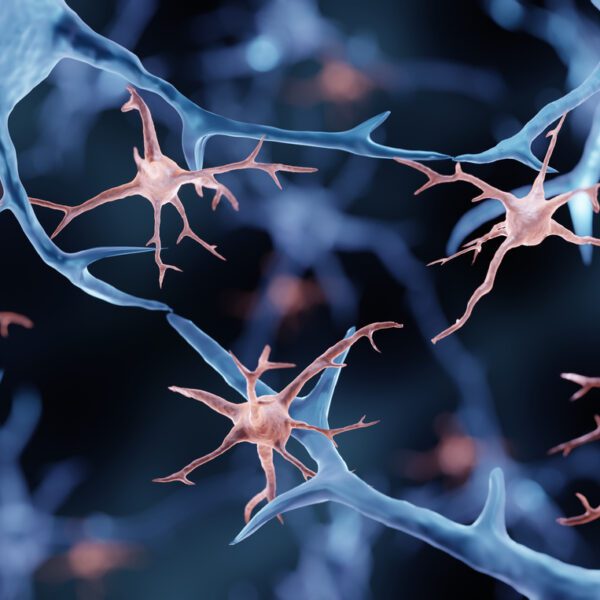
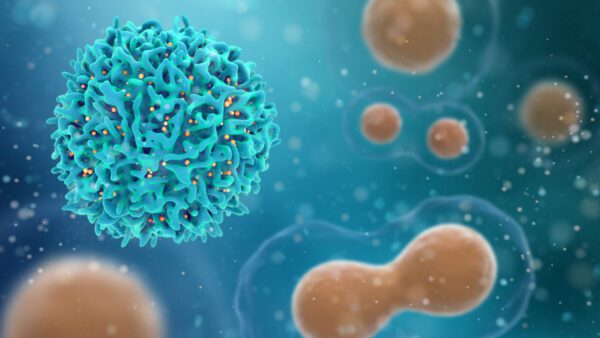
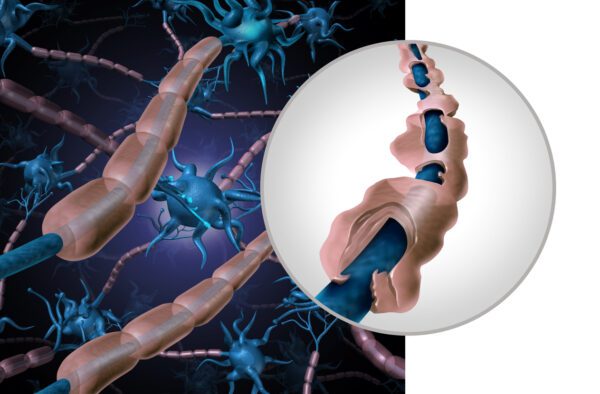

"*" indicates required fields
"*" indicates required fields
![]()
![]()
You can also transfer your contribution to NL76 INGB 0002 1673 78 in the name of ‘Stichting Vrienden van het Herseninstituut’
The Friends Foundation facilitates groundbreaking brain research. You can help us with that.
Support our work